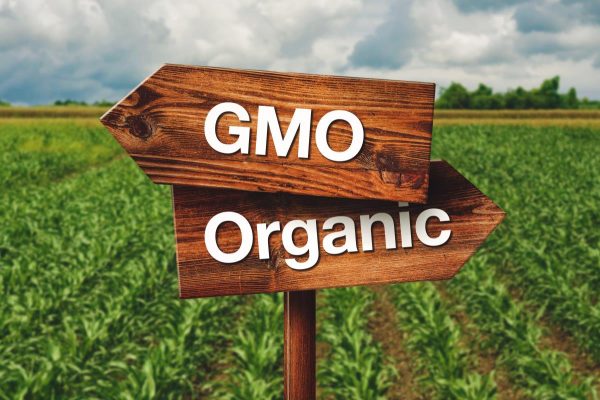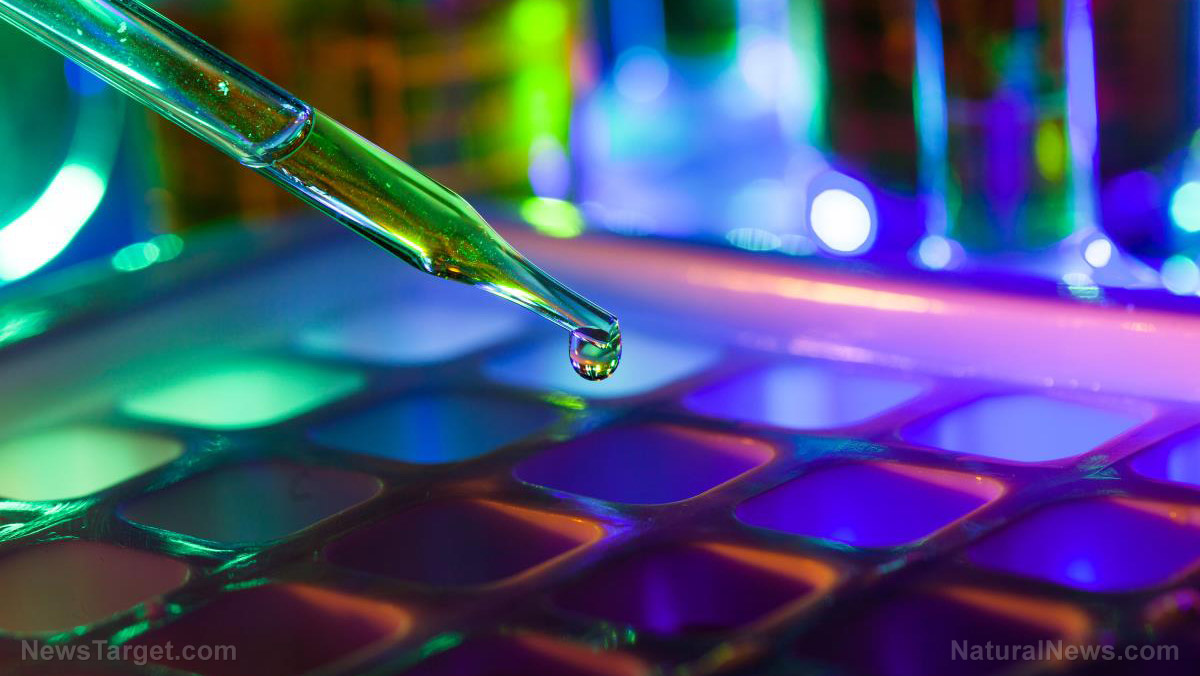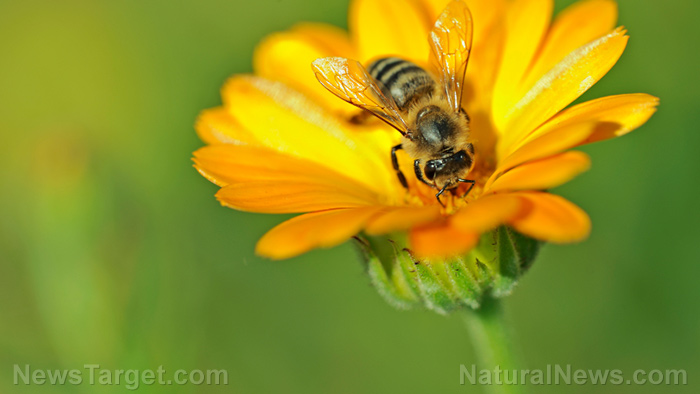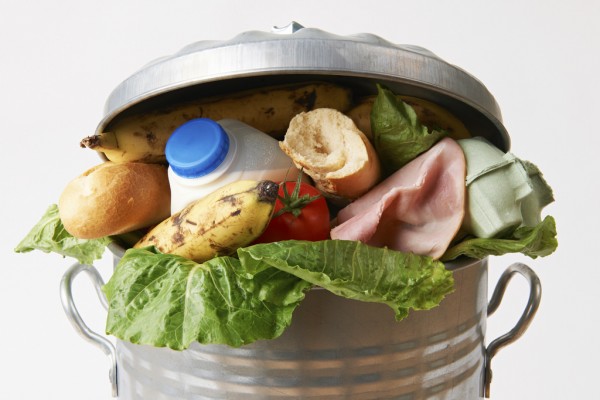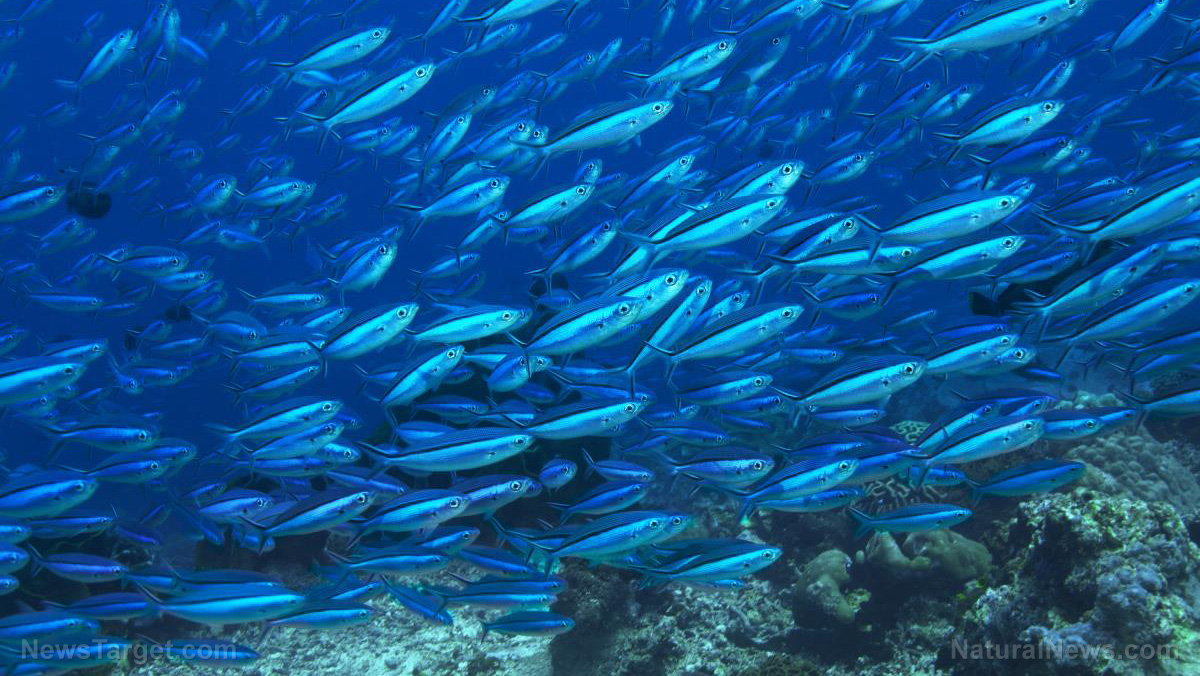Is anyone surprised that Monsanto is moving on from “conventional” genetically modified organisms to gene editing? It seems that the world’s most evil corporation is convinced that the new gene editing technology that’s been taking the globe by storm will somehow ease consumer concerns about eating GMOs.
Whether or not the difference between the two is substantial enough to assuage the many fundamental issues that surround GMO seeds, which extend far beyond just concerns about the effects of consumption, has yet to be seen. Personally, this writer feels that the alleged differences between “genetically modified” and “gene-edited” are not going to be very moving.
Dr. Robert Fraley, Monsanto’s chief technology officer, recently told Fox Business, “I see gene editing very differently [than GMOs] because it’s being used today broadly by pharmaceutical, agricultural companies, universities and hundreds of startup companies — and I think there is broad support for this science and I think that is going to make a big difference.”
Supposedly, the key difference between GMOs and “gene-edited crops” is that while GMOs rely on genes from different species (resulting in transgenic organisms), these gene-edited versions will be “generated through precise editing of an organism’s native genome,” as Business Insider explains.
Monsanto has recently announced that they would be investing heavily into new gene editing technology, known as CRISPR/Cas-9, which is a gene editing technique that essentially allows scientists to select, snip and replace certain genetic components. It’s essentially a genetic “find and replace” tool — but there are many questions about its safety.
This technology purportedly allows scientists to manipulate a plant’s DNA without having to pull foreign DNA from other species, like current GMOs. However, you may recall that this same CRISPR-Cas9 technology was used to create human-pig embryos — which are, obviously, transgenic organisms.
The use of CRISPR-Cas9 technology in crops, therefore, would not implicitly guarantee that any creations derived from it would be free of foreign DNA. The potential for transgenic creations is absolutely still quite real.
Fraley says that the CRISPR technology allows them to precisely edit a gene without having to replace it entirely. However, there will still likely be concerns about where the replacement parts for snipped genes are coming from. According to Fraley, we can expect to see the first gene-edited creations on the market within the next five years.
Megan Westgate, the executive director of Non-GMO Project, explained to Fox Business, “While these new technologies are touted to be more precise than older genetic engineering technologies, it is widely accepted in the scientific community that there can be ‘off target’ effects to the genome when the technologies are utilized. GMOs, including the products of these new technologies, have not been adequately tested—no long-term feeding studies have been conducted—and people are starting to connect these experimental technologies to health concerns.”
Fraley, like other GMO proponents, claims that the skepticism of GMOs is due to the fact that Monsanto failed to educate people about the “science” of GMOs early on. And of course, by education he means “brain-washing.” They didn’t realize that the public would be smart enough to ask pertinent questions not just about the safety of GMOs, but everything that tends to come along with them: Pesticides, herbicides, chemical fertilizers,and monocrop farming techniques — all of which can be harmful to the environment.
Claiming that there are “vast” differences between “genetically modified” and “gene-edited” crops could be seen as an exercise in semantics. The fact of the matter is that many people feel strongly about not eating food that has been modified in a lab, by humans who think they know what they’re doing. This is not likely to change just because a new label has been slapped on it.
Regardless of how you feel about genetically modified organisms, or their new “edited” counterparts, the fact remains that every person should have the right to choose what kind of food they want to consume — and the call to label these new “gene-edited” foods needs to begin before they hit the shelves.
Sources:
FoxBusiness.com
BusinessInsider.com
CNN.com
SustainableTable.org


